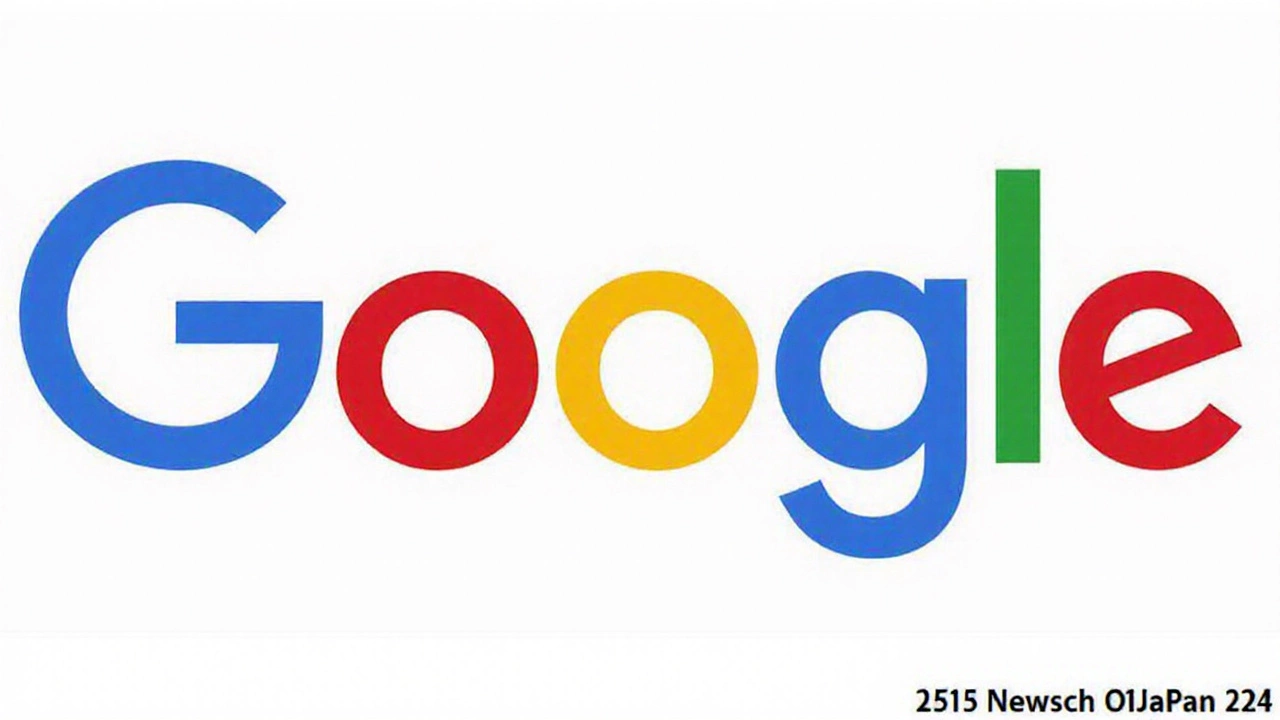From a Dorm Room to a Garage: The Humble Beginnings
When Larry Page and Sergey Brin first met in a Stanford computer‑science class in the late 1990s, they shared a simple but bold idea: make the web easier to navigate. Their early prototype, nicknamed "Backrub," used an innovative link‑analysis algorithm that would later become the core of Google Search. Working long nights in their dormitory, the duo turned a messy code base into something that could actually rank web pages.
The breakthrough came when they convinced a seasoned engineer, Andy Bechtolsheim, to write a check for $100,000 even before the company was officially incorporated. With that seed money, Page and Brin rented a modest garage in Menlo Park owned by Susan Wojcicki—future YouTube chief. The garage, with its concrete floor and a single workbench, quickly turned into a bustling hub of experimentation, coffee‑stained napkins, and the occasional dog‑friendly break (thanks to Yoshka, the Leonberger who roamed the office).
Official paperwork lagged behind the excitement. While the founders consider September 4, 1998 the true birthdate, Google chose to celebrate September 27 because that’s when they announced they would stop showing the number of indexed pages—a move that signaled they’d finally outgrown their Yahoo rival. That date stuck, and every year since 2005 the company has thrown a party for the world.

The Road to a 2 Billion Empire
Fast forward a quarter‑century, and the numbers are staggering. From 500,000 daily queries in the early days, Google now processes roughly 8.5 billion searches each day—about 100 queries per second for every person on the planet. That traffic translates into $282 billion in annual revenue as of the 2022 fiscal year, with $162 billion coming straight from search ads alone.
The growth wasn’t just about handling more queries; it was about rethinking what a search engine could be. In 2000, a surge in queries about Jennifer Lopez’s green Grammy dress forced the team to launch Google Images, turning a niche feature into a must‑have tool for billions. Two years later, they added Google News to aggregate stories from around the world, and in 2004 they rolled out Gmail with its now‑legendary 1 GB inbox.
Google’s product rollout turned the brand into a household name far beyond search. YouTube, bought in 2006 for $1.65 billion, evolved from a video‑sharing startup into the world’s most‑watched platform, empowering creators from teenagers in small towns to global media giants. The Android operating system, acquired in 2005, now powers over 2.5 billion devices, making Google the default gateway for mobile users.
Hardware entered the arena with the launch of the first Pixel phone in 2016, followed by Nest smart home devices, Chromecast streaming sticks, and the Pixelbook line of laptops. In 2021, the company opened its first physical retail store on Chelsea, New York, turning a purely digital experience into a tangible one.
To celebrate the 25‑year milestone, Google ran a series of promotions that felt like a thank‑you note to its users. Discounts of up to 25 % on select Pixel phones, limited‑edition merch, and exclusive wallpapers for Android devices gave fans a tangible way to join the party. Sundar Pichai, who took the helm as CEO in 2015, used the occasion to remind everyone that the company’s success is a collective effort—employees, partners, and most importantly, the billions of curious users who type in questions every day.
Key moments that defined Google’s journey can be grouped into three broad themes:
- Innovation: From PageRank to AI‑driven algorithms like BERT, Google has continuously reinvented how we find information.
- Acquisition and Integration: YouTube, Android, Waze, and DeepMind each added a new dimension to Google’s ecosystem.
- Culture: The famed “Don’t be evil” mantra, dog‑friendly offices, and a focus on employee freedom have shaped a brand personality that feels approachable.
Looking ahead, the company’s next frontier is AI. Projects like Gemini, the next‑gen language model, aim to make search conversational, turning a simple list of links into a dialogue that understands context and intent. This aligns perfectly with Google’s original mission: "to organize the world’s information and make it universally accessible and useful." Whether it’s a kid in a remote village searching for medical advice or a researcher digging into climate data, Google’s tools are becoming more personalized, predictive, and proactive.
The 25th‑birthday celebration was more than a party—it was a reminder of how a small idea can reshape an entire industry. From humble dorm‑room beginnings to a sprawling campus empire with over 150 000 employees worldwide, Google shows that relentless curiosity and a clear mission can turn pixels on a screen into a global force. As the company marks this milestone, it continues to write new chapters in the story of how we all find, share, and act on information.
